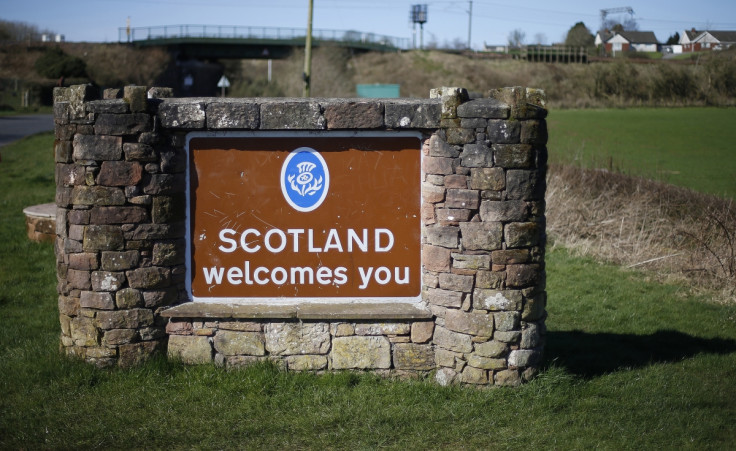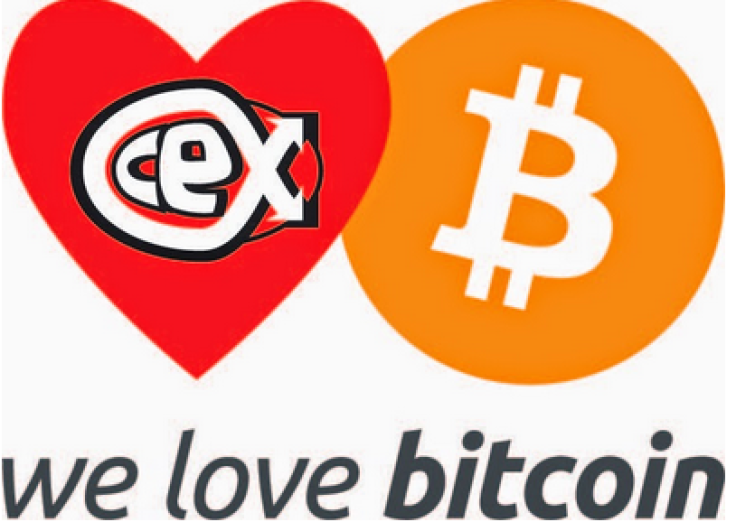Scottish Independence: Is Bitcoin the Solution to Currency Problems?

A Scottish retailer will only use bitcoin for three days this week in a bid to test out whether the cryptocurrency has the potential to take over from pound as the country's new currency in the event of independence.
CeX, the second-hand electronics, DVD and video game store, has turned its Glasgow Sauchiehall store into a "pound-free zone" for the next three days, only accepting bitcoin as payment for any good bought - as well as only paying customers in bitcoin.
Although critics may perceive the event as a publicity stunt, the radical move could spark debate about the practical and mainstream use of cryptocurrencies in Scotland in the future.
"With Scottish Independence high up on the news agenda along with questions surrounding what currency Scotland would use, the three day trial will give Scots the opportunity to ditch the pound and trial a different kind of currency altogether," said CeX commercial director David Butler.
Scotland's first bitcoin ATM
CeX has also installed Scotland's very first bitcoin ATM in its Sauchiehall store which will allow those who don't have bitcoin already to exchange their sterling.

The company also announced that it would be offering online customers the opportunity to pay (and be paid) in bitcoin permanently on its website,
Bitcoin has surged in popularity in the last 12 months, but its wild price fluctuations have put many peopple off investing or using it.
This time last year one bitcoin was worth less than £70 (€86, $118), before rocketing in value to a high of over £700 last December.
The price has fallen once again, with one bitcoin currency worth around £260.
Scotcoin
Scotland already has a de facto cryptocurrency in the shape of Scotcoin, a project which saw every citizen (including those living overseas) able to claim 1,000 Scotcoins each.
The second phase of the project will begin this Thursday when the remaining 950 million coins will be equally distributed.
The man behind the project, Derek Nisbet, an Edinburgh-based venture capitalist, told the Guardian:
"There is so much uncertainty with the current financial situation, that introducing a voluntary cryptocurrency, which may in the future act as a medium of exchange for the Scottish people, can only benefit them should there be major disruption."
Ahead of the vote on Scottish independence later this year, the Yes campaign is proposing that Scotland continue using the pound and enter into a "formal currency agreement" with the rest of the UK.
Unsustainable
Chancellor George Osbourne - along with others in Westminister - has stridently said that if "Scotland walks away from the UK, it walks away from the pound."
However, the Yes campaign has insisted that Scotland would remain in the currency union and retain its European Union membership, even in the event of independence.
The Yes campaign point to a report from the Fiscal Commission Working Group from last year that has looked at the post-independence currency situation and concluded the currency union with the rest of the UK is the best option.
However a report published last week by the the National Institute of Economic and Social Research earlier this week said a monetary union between countries of differing size was unlikely to be sustainable.
The report said:
"Scotland would have at most one representative on the Monetary Policy Committee, compared to the rest of the UK having eight. It follows that the rest of the UK would dominate every decision and Scotland would have no effective influence on policy.
"Therefore, the Scottish government's fiscal or borrowing decisions could not directly influence monetary policy in the sterling area, which removes the rationale for borrowing constraints on an independent Scotland."
© Copyright IBTimes 2024. All rights reserved.







